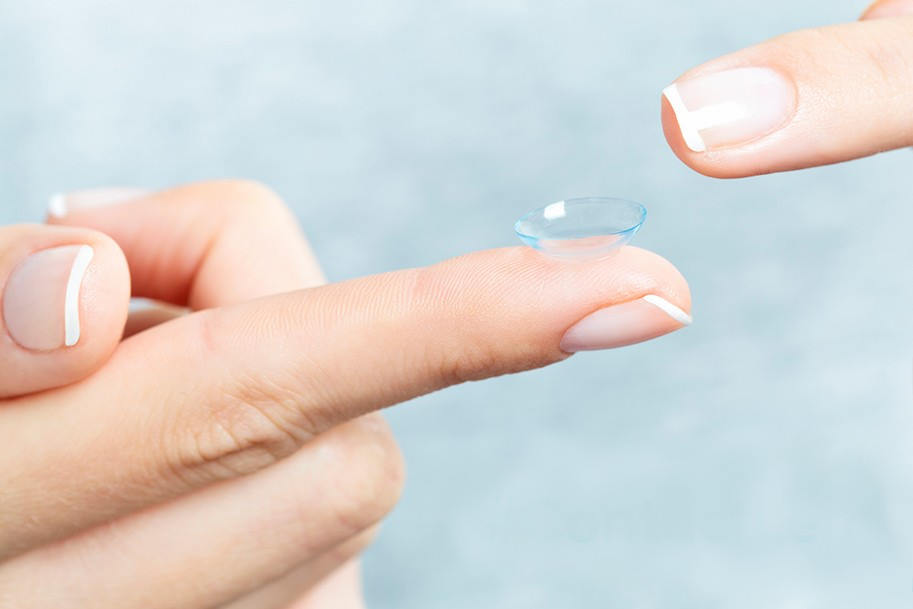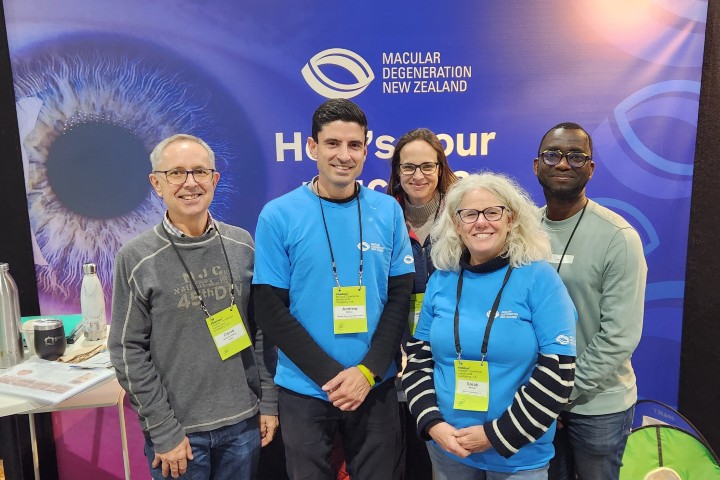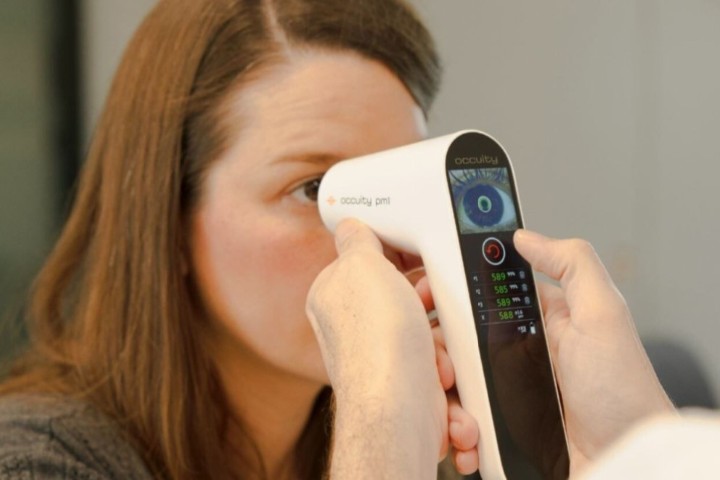Instant coffee linked to AMD
A group of researchers in China has recommended people at high risk of AMD avoid instant coffee.
Writing in Food Science & Nutrition, they found a genetic link between coffee consumption and age-related macular degeneration (AMD), especially showing that instant coffee increases the risk of dry AMD.
The coffee-consumption data came from genome-wide association studies (GWAS) and the latest AMD-related GWAS summary data from the FinnGen biobank study data. “Our results revealed a genetic correlation between instant coffee consumption and dry AMD, with each standard deviation increase in instant coffee intake associated with a corresponding odds ratio of approximately 6.92 for dry AMD, indicating a 6.92-fold increased risk.”
Discussing the possible mechanisms behind the association, researchers said production of instant coffee may lead to the formation of potentially harmful substances such as acrylamide and advanced glycation end products, which have been implicated in oxidative stress and inflammatory responses in retinal cells. Instant coffee consumption is also negatively correlated with the ageing biomarker telomere length, they said.
In contrast, previous studies have linked caffeine consumption with improved retinal nerve fibre layer thickness, while others associated high caffeine consumption with glaucoma, noted authors. “Additionally, some studies indicated that decaffeinated coffee, ground coffee and instant coffee might protect cardiovascular health, reducing the risk of coronary heart disease and that excessive consumption is not associated with cardiovascular disease.”


























